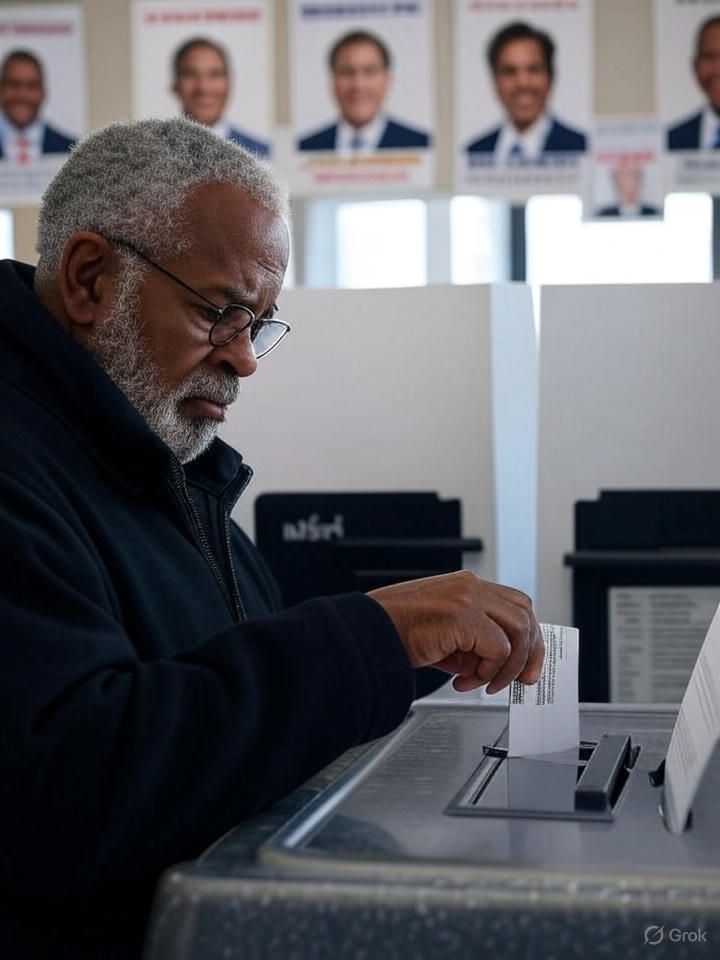NEW YORK, July 8 2025 – New York Governor Kathy Hochul has firmly stated that the decision on who runs New York City lies solely with its voters, not with external influences, particularly in response to President Donald Trump’s suggestions of a federal takeover if a “communist” candidate wins the mayoral race. This statement comes amidst heightened political tensions and ongoing discussions about federal intervention in urban governance.

President Trump, during a recent cabinet meeting, floated the idea of using federal power to manage cities like New York and Washington, D.C., citing concerns over crime and the potential election of candidates he deems radical. His comments specifically targeted Zohran Mamdani, the Democratic nominee for New York City mayor, who has been labeled by some as a communist due to his progressive policies and affiliations with the Democratic Socialists of America.
Governor Hochul’s response, posted on X, underscores a critical stance against any form of federal overreach into local elections. “Voters decide who runs New York City. Not Washington and certainly not wannabe kings,” she wrote, directly quoting Trump’s earlier remarks where he discussed the possibility of federal control if Mamdani, or similar candidates, ascend to power.
The context of this exchange is the upcoming 2025 mayoral election in New York City, where Mamdani secured the Democratic nomination after a primary that saw him defeat several other candidates, including former Governor Andrew Cuomo. Mamdani’s platform includes progressive policies such as free city buses, rent freezes, and a comprehensive decarbonization plan, which have sparked both support and controversy.
Trump’s threats of federal intervention are part of a broader narrative where he has expressed frustration with what he perceives as mismanagement in Democratic-led cities. He mentioned the possibility of testing a federal takeover in Washington, D.C., as well, aiming to ensure these cities are run “flawlessly” and with minimal crime.
Hochul’s assertion of local autonomy is not just a rebuttal but also a reflection of ongoing debates about the balance of power between federal and state governments, especially concerning urban policy and public safety. Her comments resonate with many who view such federal threats as an overstep into local governance, particularly in a city as politically significant as New York.
As the election approaches, the dialogue between national and local leaders continues to intensify, with implications for how cities across the United States might navigate similar tensions in the future. The outcome of New York City’s mayoral race, and the responses it elicits from both state and federal levels, will likely set precedents for urban governance and intergovernmental relations in the coming years.
